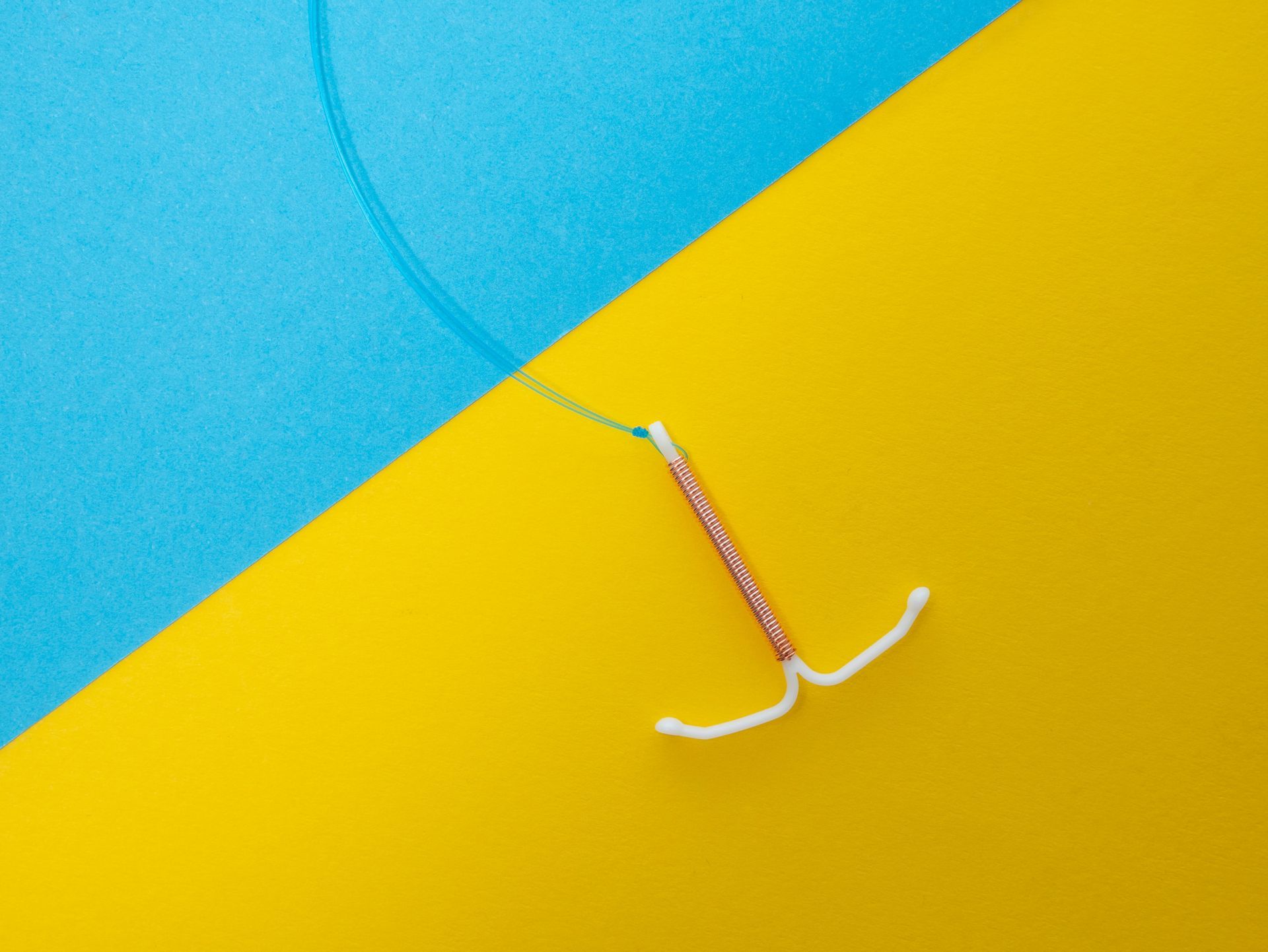What Are Potential Severe Side Effects of Flexi-T Copper IUD?
An intrauterine device, or IUD, is a form of contraception a healthcare provider places inside the uterus. It offers long-term protection against pregnancy, and a copper IUD can be effective as emergency contraception.
For the most part, the news about a copper IUD is good. It offers a higher level of protection than other forms of birth control. As with most types of contraception, though, there are some concerns. Many women do well with Flexi-T, a copper IUD Canada loves, but potentially serious, although rare, complications can occur. You should be fully aware of the risks before using an IUD.
What Is an IUD?
An IUD, or intrauterine device, is a plastic T-shaped device. There are two main types:
- Hormonal IUD - Releases a small amount of progestin daily to prevent pregnancy. The progestin keeps you from ovulating.
- Copper IUD – Like all IUDs, it is T-shaped but has copper strands coiled on it. The copper helps to deter sperm from entering the uterus. So, you would ovulate normally, but the egg should remain unfertilized because the copper keeps sperm away from it.
Despite their similarities in style, these are two very different forms of birth control. Each comes with its potential complications.
What are the Disadvantages of IUDs?
For many women, an IUD is ideal because once it is in place, you don’t have to do much else. It does have to be inserted and removed by a healthcare professional, though. That is true whether you get a hormonal IUD or a copper one.
Hormonal IUDs also come with some of the same side effects as birth control pills, like weight gain, moodiness, and headaches. Copper IUDs don’t use hormones, so the side effects are different.
With a copper IUD, you might experience heavier than regular periods, especially for the first few months. One study found an estimated 15% of users will have the device removed because of increased bleeding.
There may also be some cramping and spotting between your periods. In that study, 38% of the participants reported increased menstrual pain after getting a copper IUD. For many women, these side effects diminish as their bodies become accustomed to the IUD.
Two-thirds of the women experienced bleeding for the first nine weeks; then, it tapered off. A few women may experience more significant complications, though.
What Are the Potential Complications With an IUD?
Serious complications are possible, although rare.
Perforation
Perforation refers to the IUD pushing through the uterus wall, perforating it, and ending up in the abdominal cavity. The IUD may push through partially or fully. If in the abdomen, it could puncture other organs, such as the bladder or intestine.
Although this complication can happen, it is uncommon. A 2016 study found the rate to be about one in every 1,000 IUD insertions.
Infection
Having an IUD, copper or hormonal, also increases your risk of developing pelvic inflammatory disease, an infection of the uterus, fallopian tubes, or ovaries. The device doesn’t cause the infection directly but can spread one already existing. This is especially true for women who have chlamydia or gonorrhea infections, which are sexually transmitted.
The healthcare provider will examine your uterus for signs of infection before doing the insertion. Symptoms of infection include:
- Pain in the lower abdomen
- Vaginal discharge
- Painful urination
- Fever
- Irregular periods
You should report any symptoms to your doctor before getting your IUD.
Expulsion
IUDs are small devices, so one could come out without you knowing it. If that happens, you are no longer protected against pregnancy.
Expulsion of the IUD is more common than some of the other complications. It can occur at any point, too. It is more likely to happen within the first few weeks, though. A 2020 study listed the risk of expulsion as:
- Immediate – 10%
- Early – 29.7%
- After the first few weeks – 1.9%
It is easy to check to ensure your IUD is in place, though. IUDs have strings attached that allow for easy removal. If you squat and insert your fingers into your vagina, you should be able to feel those strings. If not, the IUD has moved or come out. This is something you should regularly check after the first week.
What About Copper Toxicity?
Copper toxicity or copper overload is a condition that can develop after long-term exposure to copper. It’s a condition associated with contaminated drinking water or food. It’s not a concern with copper IUDs, though.
There is no evidence to support toxicity from the small amount of copper in an IUD. If you develop copper toxicity, it’s essential to consider other sources like your drinking water. You should not assume it is from the IUD and ignore other possibilities. If anxious about it, patients should talk with their healthcare provider about the copper's effect on their body and consider IUD removal.
When Should You See a Doctor?
Although many well tolerate copper IUDs like Flexi-T, the IUD Canada women use, there are some warning signs to watch for, such as:
- Heavy bleeding (more than one pad an hour)
- Bleeding that does not stop
- Severe pain (mild cramping is normal)
- Fever
- Vomiting
- If you think you may be pregnant
- If you can’t feel the strings of your IUD
- If you suspect you have an STD
You should also talk to your doctor if you have concerns about your Flexi-T copper IUD. Check out our website to learn more about the best IUD Canada Flexi-T.













